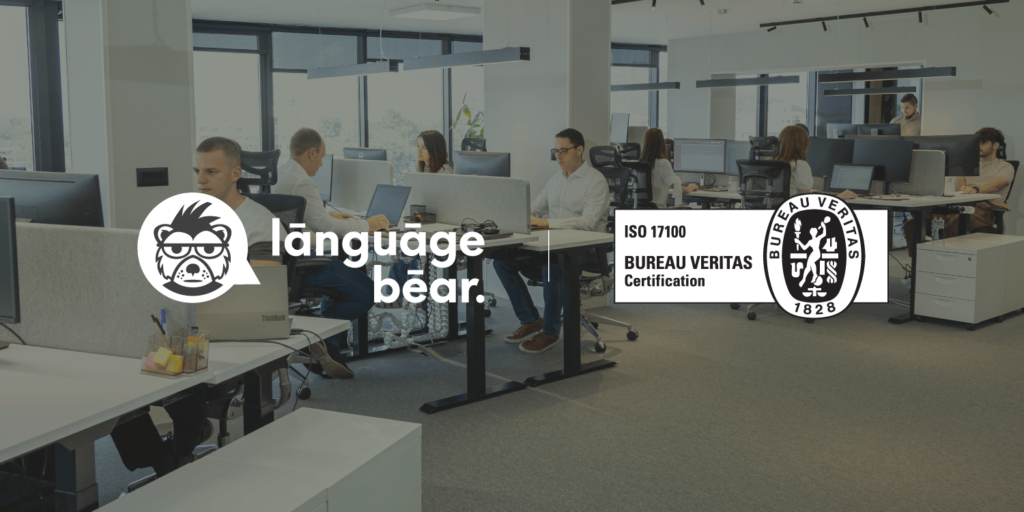FAQ
Can I add comments or explanations for the translator?
Yes, we encourage it! The more information our translators have, the more they can meet your needs and ensure the final product is exactly what you had in mind. So, whether you need certain keywords or wish to describe a service, product, technology, or anything else, just leave a note for the translator, and they will do the rest.
Can I order proofreading services?
Proofreading is included as part of our standard international translation services. As a result, the documents you download from our platform will be ready for publication in your target language. If you have received a poorly translated text from another translator or agency, and you want to check the quality and improve the article(s), we can offer you a standalone proofreading service.
How can I be sure of the quality and confidentiality of your service?
We only hire the very best translators and editors, and each one undergoes ID verification and a strict series of tests to ensure they are up for the task and can complete a job efficiently, professionally, and with consideration for the client’s requirements and privacy needs. All texts are checked by editors and our quality assurance team, and our efforts are supported by 3 ISO certifications (ISO 9001:2015, ISO 27001:2022, and ISO 17100:2015).
What does localization mean?
Localization is the act of localizing a document to adapt to specific target markets. For instance, if you’re producing content for the British market, you need someone who understands British slang and idioms, knows the local laws and practices, and can abide by compliance regulations in your specific sector. The content is more natural and better for both your target audience and search engines.
Why do translation rates vary per language?
We only work with native translators, and the cost of living and translation rates can vary greatly from one country to the next. Content translated into a Scandinavian language is usually more expensive than content in Brazilian Portuguese, for instance, as Scandinavians have a high standard of living and command a high price for their services. Our rates always reflect this, and that’s why they can vary from one language to the next. They are always competitive, though, and you will always get the very best results.
What is the difference between translation and localization services?
Translation focuses on a simple conversion. It changes the text from one language to another. Localization, however, converts the text while also accounting for differences in specific regions.
Imagine that you’re converting a text about food from Spanish to English for the British market. An American translator might change mentions of patatas fritas to chips. But that wouldn’t work in the UK, where “crisps” is more common and chips mean something else. These differences exist across all language dialects, and it’s important to get them right if you really want to connect with your readers. At Language Bear, all texts are localized as standard to account for these differences.
Can you carry out urgent business translations?
We prefer to work within a deadline of 3 to 4 business days for texts of up to 2,000 words, as this gives us plenty of time to prepare our team and ensure the work is properly completed (a process that includes translation and localization, as well as editing and quality assurance). However, we can work to short deadlines if you’re in a rush. Just let us know what you need and how much time you have, and we’ll see what we can do.







